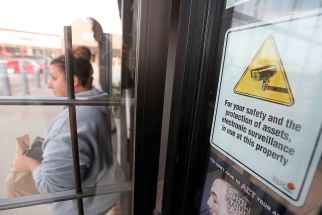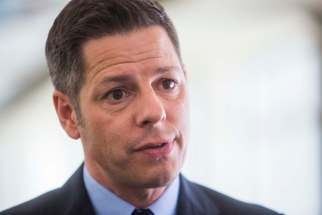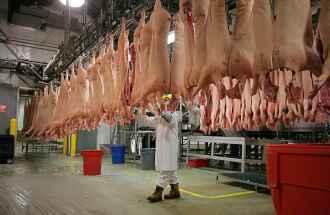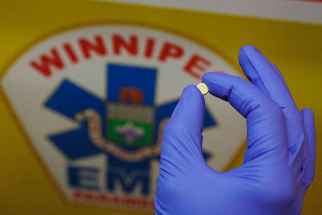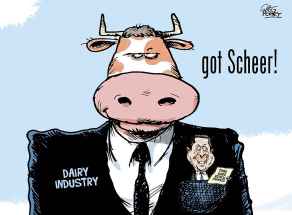Unions wrong to blame police for meth-crisis fallout
Read this article for free:
or
Already have an account? Log in here »
To continue reading, please subscribe:
Monthly Digital Subscription
$0 for the first 4 weeks*
- Enjoy unlimited reading on winnipegfreepress.com
- Read the E-Edition, our digital replica newspaper
- Access News Break, our award-winning app
- Play interactive puzzles
*No charge for 4 weeks then price increases to the regular rate of $19.00 plus GST every four weeks. Offer available to new and qualified returning subscribers only. Cancel any time.
Monthly Digital Subscription
$4.75/week*
- Enjoy unlimited reading on winnipegfreepress.com
- Read the E-Edition, our digital replica newspaper
- Access News Break, our award-winning app
- Play interactive puzzles
*Billed as $19 plus GST every four weeks. Cancel any time.
To continue reading, please subscribe:
Add Free Press access to your Brandon Sun subscription for only an additional
$1 for the first 4 weeks*
*Your next subscription payment will increase by $1.00 and you will be charged $16.99 plus GST for four weeks. After four weeks, your payment will increase to $23.99 plus GST every four weeks.
Read unlimited articles for free today:
or
Already have an account? Log in here »
Hey there, time traveller!
This article was published 24/07/2019 (2330 days ago), so information in it may no longer be current.
When a crisis arrives, you will generally find two kinds of people. There are those who look to work together with like-minded people to face the crisis head-on; and there are those who prefer disunity, finger-pointing and buck-passing.
So, in which column do the United Fire Fighters of Winnipeg and the Manitoba Government and General Employees’ Union fall after their unusual, unprecedented attack this week on the Winnipeg Police Service? To make a definitive judgment, let’s look at the origin of the attack.
As important players on the front line of the city’s methamphetamine crisis, firefighters and paramedics have reason to be concerned about rapidly escalating meth-fuelled violence and mayhem. When they respond to a call for help, far too often they find themselves being confronted by volatile and violent people.

The grievance in this instance is that the UFFW (which represents city firefighters) and the MGEU (which represents EMS paramedics) believe that increasingly, they are being asked to respond to 911 calls that should be attended by police.
UFFW president Alex Forrest said a 10 per cent increase in the number of police calls diverted to the Winnipeg Fire and Paramedic Service over the past two years — data unearthed in a freedom of information request by the Free Press — is evidence that firefighters and paramedics are being asked to attend incidents where police should be first on the scene. “If someone is committing a criminal act, you shouldn’t be sending firefighters there to hold the fort. They should be called in after police arrive and have secured the scene.”
MGEU president Michelle Gawronsky was more temperate in her comments, but still protested the fact that paramedics were being diverted to respond to police calls, a situation that she said was “putting our paramedics at undue risk.”
Both unions are right to be concerned about their members, but also profoundly wrong about the causes of this problem.
Yes, more calls are being diverted. And yes, this means an increasing number of situations in which firefighters and paramedics may be first on the scene of an incident where police are required before medical attention can be provided. But no, this is not part of a concerted effort by police to pass the buck.
This is a prime opportunity to exact pledges for greater resources to not only battle the epidemic of meth-inspired crime, but also to create more desperately needed treatment options.
The data the Free Press unearthed show there has been a 10 per cent increase in “diverted” calls. However, the police service explained that the increase is merely a reflection of the fact that the total number of 911 calls to the WPS communications centre has gone up by nearly 50 per cent over the same two-year period. With greater demand for service comes increasing instances where police cannot respond before firefighters and paramedics.
The increase in 911 calls reflects an alarming increase in crime. Statistics Canada data released this week revealed that from 2017 to 2018, Winnipeg had a 44 per cent increase in property crime and an 18 per cent spike in violent crime.
The same shocking increase in demand for service is also being seen in the health care system. Over the past five years, there has been a 1,200 per cent increase in the number of people arriving at city hospital emergency departments who are under the influence of meth.
The hallmarks of this crisis are clear: more addicts suffering more severe symptoms, a greater propensity for violence and more crimes being committed to fuel the addictions. If firefighters and paramedics find themselves responding to more calls without police support, it’s really only a reflection of the fact that police are overwhelmed.
The saddest part of the joint UFFW-MGEU position is that it comes at a most inopportune time in the political debate over meth.
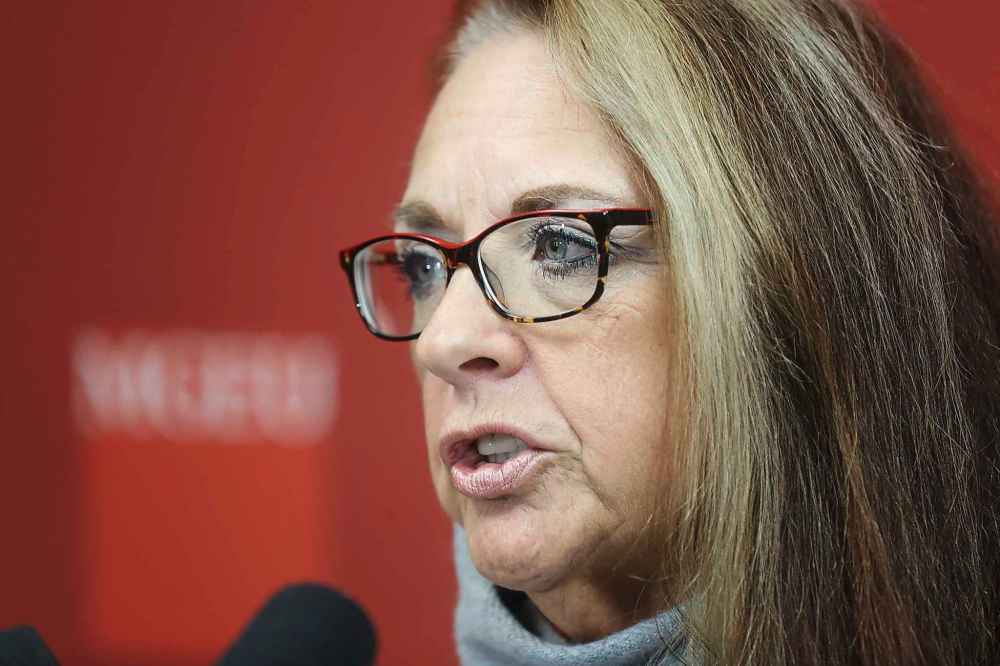
A provincial election will be held in September, followed by a federal election in October. This is a prime opportunity to exact pledges for greater resources to not only battle the epidemic of meth-inspired crime, but also to create more desperately needed treatment options.
Lamentably, the only person who seems to recognize the unique political opportunity that exists is Winnipeg police Chief Danny Smyth, who in recent days has become a forceful advocate for additional resources to deal with the meth crisis.
In public statements, and in memos to his officers, Smyth has made it clear that all front-line services have reached the breaking point. He also made it clear this is a crisis that demands more than an increase in police resources; he believes more treatment must be considered to help get the situation under control.
Smyth appears to understand that this could be a big issue in both the provincial and federation elections. The Progressive Conservative government in Manitoba, in particular, has so far produced an insufficient response to the meth crisis. In the harsh glare of a provincial election campaign, Premier Brian Pallister will be forced to justify his government’s half-hearted efforts and respond to opposition pledges of greater resources.
The pre-writ period could have been a prime opportunity for the unions that represent firefighters and paramedics to add their voices to Smyth’s in demanding more attention and resources from government. Instead, at a time when we need a single, unified voice from the public servants who bear the greatest burden of the meth crisis, we have the appearance of infighting.
There is time for the UFFW and the MGEU to refine their positions, and demonstrate a more united front with police. Otherwise, they will give politicians who have been ignoring this crisis an excuse to keep burying their heads.
dan.lett@freepress.mb.ca

Born and raised in and around Toronto, Dan Lett came to Winnipeg in 1986, less than a year out of journalism school with a lifelong dream to be a newspaper reporter.
Our newsroom depends on a growing audience of readers to power our journalism. If you are not a paid reader, please consider becoming a subscriber.
Our newsroom depends on its audience of readers to power our journalism. Thank you for your support.









